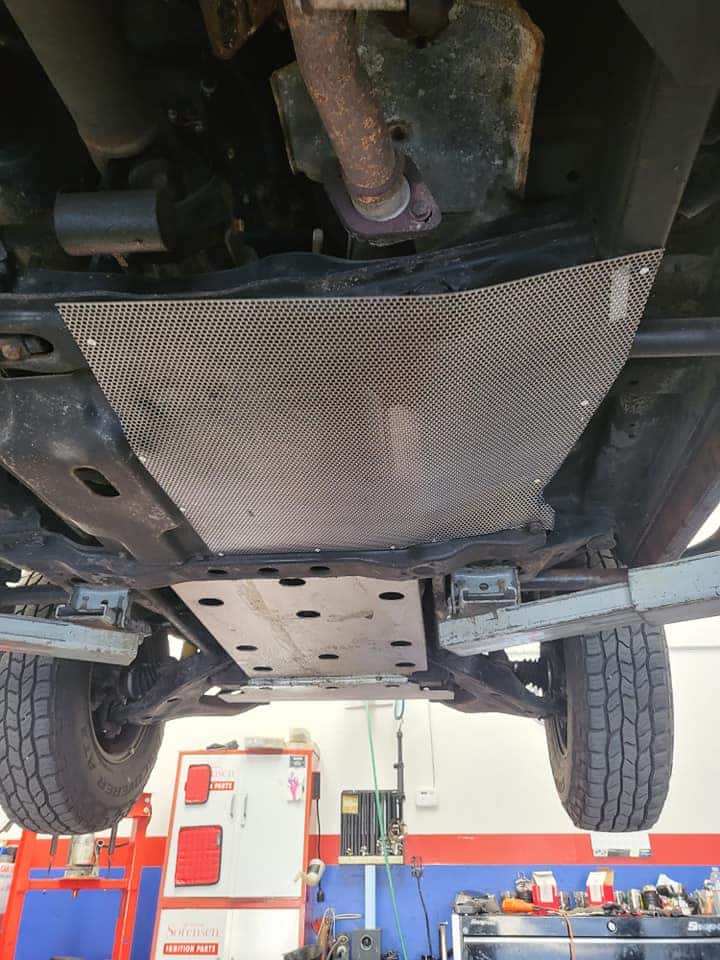If you're like most car owners, you might not give much thought to the various types of fluids that keep your vehicle running smoothly. But just like blood circulates through the human body to keep it functioning, different types of fluids flow through a vehicle, each playing a crucial role in its performance. So, let's dive in and learn more about these vital liquids.
The Importance of Engine Oil
First things first, engine oil. Although often called motor oil, its role goes beyond just lubricating the engine. It’s the lifeblood of your car, reducing friction between the moving parts of the engine, preventing overheating, and helping keep the engine clean by removing harmful deposits. To keep your vehicle running optimally, consider checking your oil level at least once a month and changing it every 3,000-5,000 miles, although this may vary depending on your vehicle's make and model.
Brake Fluid: The Unsung Hero
Next up, brake fluid. This unsung hero transmits the force created by you when you press the brake pedal, through a hydraulic system, to the brakes – effectively slowing or stopping your vehicle. Over time, brake fluid absorbs moisture from the air leading to a decrease in its boiling point. This can result in less effective brakes or even brake failure, which is why it's crucial to replace it every two years or so.
Coolant: Your Engine's Cool Best Friend
Meet the coolant, your engine's cool best friend. It absorbs heat from the engine and dissipates it through the radiator, preventing the engine from overheating. Coolant also contains anti-corrosion agents, which help prevent rust and build-up. An engine running without coolant is like running a marathon without water – it won't end well. Make sure to check your coolant level regularly and refill if necessary.
Transmission Fluid: The Smooth Operator
Transmission fluid is like the smooth operator of car fluids. It serves as a lubricant for all the moving parts inside your transmission, helps to maintain optimal transmission temperature, and also transmits power from the engine to the transmission. Consider checking your transmission fluid level and condition every 30,000 miles to help ensure a smooth and comfortable ride.
Power Steering Fluid: The Strong Arm
Last but not least, power steering fluid. This strong arm of your vehicle makes steering smooth and easy. It works by transmitting power from the steering wheel to the steering mechanism. Over time, this fluid can degrade and may need to be replaced to maintain optimal steering performance.
Now that you are equipped with knowledge about the fluids that keep your car running smoothly, it's essential to remember that the best way to maintain your vehicle's performance is by having regular check-ups and fluid changes as recommended by your vehicle's manufacturer.
If you're in Santa Rosa, CA, or the broader Sonoma County area, including Windsor, CA, and need professional help with your vehicle fluids, don't hesitate to reach out. Consider entrusting your car to Sartorial Auto Repairs, where we prioritize your vehicle's health and your peace of mind.












